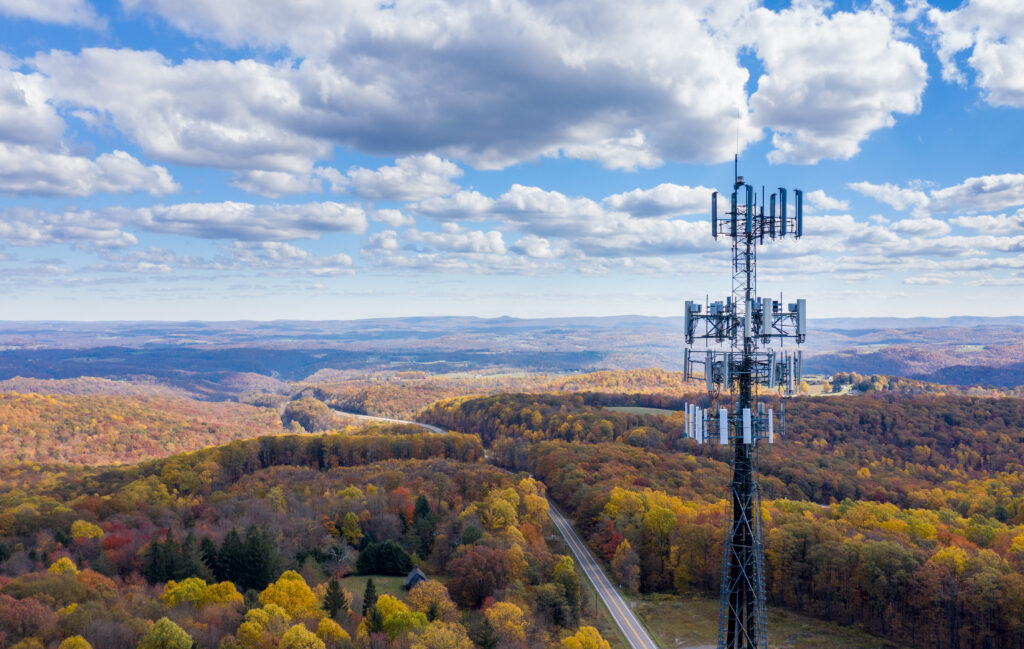Part of the $1.2 billion statewide broadband coverage project is the Digital Equity Plan, giving residents the skills and tools to make the most of their internet connection.
West Virginia is now in line to get about $9 million federal dollars to continue implementing its digital equity plan.
Derek Zelkowski is the Digital Equity Coordinator in the West Virginia Office of Broadband. He defines digital equity as anyone having reliable internet service and knowing how to use it.
“To have internet access, skills and tools, in order to use the internet to its fullest potential,” Zelkowski said. “Whether that be for economic reasons, for social reasons, medical, if you need to use telehealth, and so on and so forth.”
Zelkowski said 97 percent of West Virginia falls under a digital inclusion catagory, having many of the barriers and populations most historically considered underrepresented or underserved that call for internet access and training.
“It’s rural residents, what they call covered households, which are households earning at or below 150 percent of the poverty line,” Zelkowski said. “It’s aging residents, racial and ethnic minorities, those with disabilities, those that are either illiterate or speak English as a second language. It’s the incarcerated in non-federal facilities.”
He says digital equity programs will work in tandem with advancing broadband infrastructure development. The state has partnered with the Department of Education, community groups and the state Library Commission.
“Public libraries have been doing this work for the past 30 years,” Zelkowski said. “You can go to a library and get digital skills, resources, education resources, you can get a laptop on loan.”
Zelkowski said the first round of state digital equity programs will expand over the next five to seven years.
“The period of performance attached to this specific grant will be five years,” Zelkowski said. “Next year, NTIA, (National Information and Telecommunications Administration) will release the second of three tranches of this funding, the current one is a little bit over $700 million for the whole country. And the next one will be probably a little over $300 million, and then it’ll be the same the following year. So it’s three grants that will each have an overlapping five-year period of performance.”
Zelkowski reminds West Virginians that the Affordable Connectivity Program (ACP) will end very soon. April is the final month of the full $30 benefit, with a partial benefit in May. He encouraged all West Virginia households enrolled in the program to contact their internet service provider to confirm the status of their service and their monthly costs after the program ends.




















